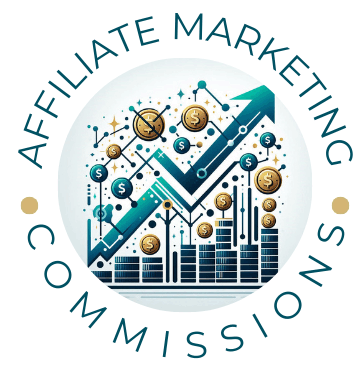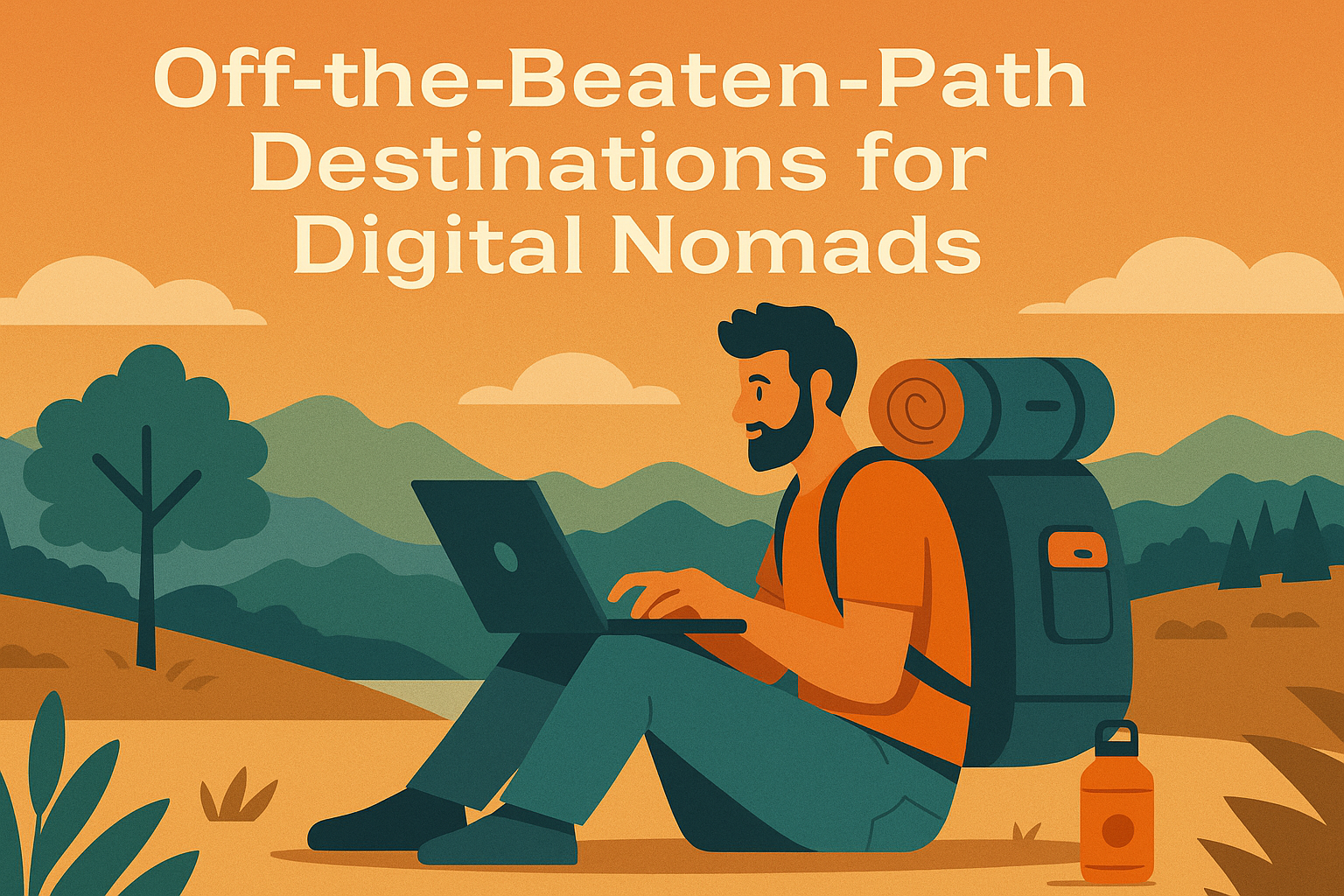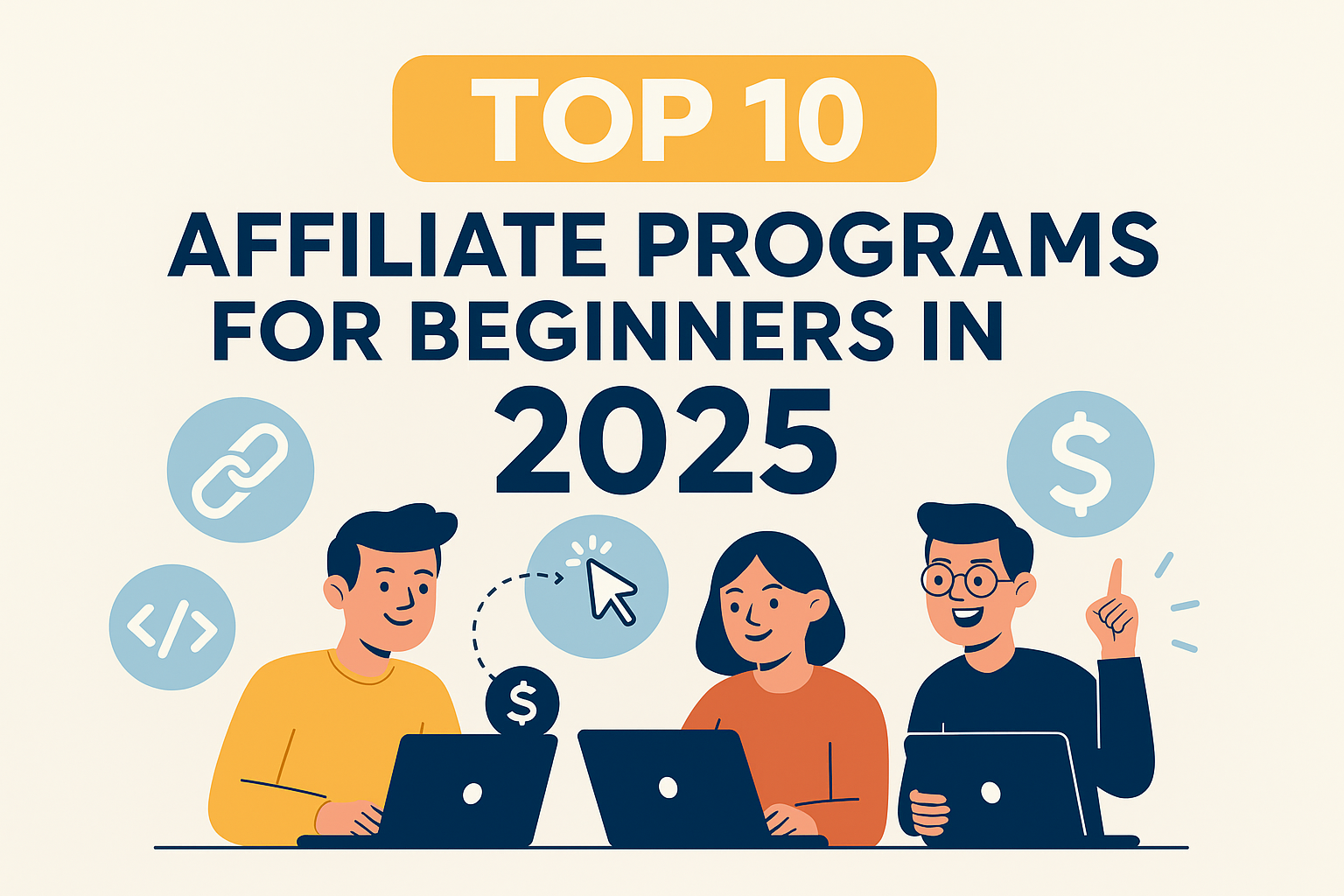
The idea of affiliate marketing on your website, whether you like it or not, is something you should at least know if you have an online business. Much has been said both good and bad about it, and the best thing is that you form your own idea about it.
When you do a little research, you’ll find that there are people who claim that affiliate marketing has no competitors when it comes to earning some significant profit online. In contrast, there are a lot of people too, who consider affiliate marketing as something obsolete at least, when not unethical and of low quality.
However, you can also find, real experts in the field who have been working online for many years and now have consolidated and authoritative businesses and consistent income who can tell you that affiliate marketing could be valid, qualified and ethical as any other way of monetization in the world. But also that there are other sources as good as affiliate marketing when not better depending on your goals, the niche you work on, and the purpose of your business and your website.
The purpose of your website
When it comes to the purpose of your website, one can mistakenly think that we are talking about your personal goals or the financial goals of your business. It is not the case.
Evidently, every one of us has their own plans and goals, one of them is the financial ones, especially if you are trying to develop an online business. You start with a certain amount of money, with a determined budget and financial status and want to get higher through your efforts.
Nonetheless, before you get, you have to give. That may sound trite, but today more than ever is true. You have to give something of value through your website to be able to get some kind of profit. In other words, pretending that you can only make a profit for nothing or in exchange for garbage does not make sense.
Maybe there was a time when people spent money with every offer they found on the web because it was a novelty. But in today’s digital world, people are more than informed about what they want, where to look for it and when are they willing to pay for something. So, you can’t just throw away an irrelevant offer in your site and hope that someone gets interested in it.
This leads us again to the purpose of your site, which should be focused first not on your goals, but in what other people are looking for and the solution you can bring to them.
Let’s say that you have chosen the niche of gardening; obviously, you can’t just insert here and there adds of shoes or wallets or any other stuff not related with gardens (although you could be surprised to know how many people do it this way). However, if you think that gardening is a defined enough niche as to allow you stuffed with adds related to gardening tools, flowers, fertilizers, seeds, etc. It may prove you are wrong because although you are narrowing your spectrum, it is not targeted yet to the very problems of your audience.
How to know then what they really want. Maybe you have to go to the places where people interested in gardening go like  specialized forums, the comment section of gardening blogs, news, and notes about gardening, gardening books, and magazines, etc.
specialized forums, the comment section of gardening blogs, news, and notes about gardening, gardening books, and magazines, etc.
What questions are people asking in those places?
What problems are they facing frequently?
What issues they have in mind most of the time?
What stores do they visit the most?
What tools they use the most and why?
What strategies they prefer and what don’t and why? Etc.
It is possible that you thought that the clippers or lawn mowers were tools that everyone would look for and make you immediately rich, just to realize that people were looking for the best way to grow orchids, just to give an example.
We used the example or gardening, but you can use whatever you like the most like shoes, bicycles, books, food, travels, clothing, toys, digital products, you name it.
So the message here is that the most vital clue to guide the election of your monetization resources should lie not on the offers in the market but in the needs of your audience. The purpose of your website should be helping people in its particular needs related to your niche.
The monetization plan
Once you have determined what the main problems your audience is trying to solve are, you’ll have a clear framework of what kind of resources are better to target those problems either through the proposals, solutions, and answers of your own content as well as the commercial options you can offer based on the context.
To tackle those questions and problems, you have a lot of resources with which you can also add a source of income. Having your own resources like writing and selling an e-book which gathers all the detailed and valued answers to your audience is the ideal place to go. It will give you authority and credibility, which are some of the most wanted assets for any business.
However, unless you have previous expertise on the field writing such e-book could take some time and effort to write. Some similar would occur with e-commerce where you create a virtual store to sell products which are usually in its physical form and may require a physical stock available.
So, at the beginning for many marketers, it turns out complicated to start with their own resources because of the lack of expertise, time, or shortage of budget.
Third-party options come here to supply the lack of own resources. These are countless, but what have in common is that they are paid to advertise and lead to outside companies (adsense, pay-per-click advertising, sponsored content, and of course affiliate marketing, among others).
Affiliate marketing against other potential sources of income
Regardless of what some people think, affiliate marketing is a (verifiable) growing business, and it’s so because of it still brings clear advantages over almost any other resource for monetizing you can think of.
Those advantages are:
You can’t start with nothing to invest. Nothing means precisely that, $0!
You don’t need own nor store any kind of stock
The process to become an affiliate of a company is relatively quick and straightforward.
Affiliate marketing takes advantage of all other monetization strategies by saving some of the following assets: time, money, or effort.
Main content of the website and Adsense-type collateral monetization
Some people could argue that Adsense and similar strategies share with affiliate marketing the same advantages since it is a passive source of income which doesn’t require any kind of investment of your part unless we are talking about PPC pay-per-click which has its own rules and dynamics. Adsense or similar ads do not require either that you own or store some kind of stock.
Differences with affiliate marketing start when trying to get approved in which case you’ll be asked to have a website at least six-month-old, and with a significant amount of content.
But maybe the most relevant difference is related to the revenue that you can get out of both of these resources. Adsense earnings are based on a unique click, which is one click for one person. Each click will earn for you just a few cents. So to make a significant amount of money per a determined period, you should get a ton of unique clicks on each ad.
Affiliate marketing instead, will earn a certain percentage of the final price of every product or service that a referral could spend with your affiliate partner. Those could be no doubt of cents if the final cost of the product or service is too low and your commission too, which usually occurs with some categories within Amazon. But could also be of several dollars if the price is medium to high and the agreed commission percentage is as well high as occurs with many others affiliate partners you can find in affiliate networks like Clickbank or Commission Junction.
Affiliate marketing focused on the niche
Now that we have talked about some of the advantages of affiliate marketing over other types of monetization strategies  let’s return to the point where we acknowledge that the most important thing is helping to solve the problems of your audience.
let’s return to the point where we acknowledge that the most important thing is helping to solve the problems of your audience.
The question of the title of this post was about if it is a good or bad idea to the affiliate for a website. Well, we can answer that it depends on the purpose of your site. Affiliate marketing, in essence, it is not good or bad, as it isn’t to write and sell an e-book or a digital course or any other resource. These are neutral tools as long as you don’t have a specific idea of the direction of your business.
Once you know with surgical precision what your niche is and what are the main goals that you pursue with your website, it will be easy to identify what commercial strategies to monetize it suits best to this purpose.
Do you find within the affiliate marketing realm something valuable and exciting that solves the problem of your audience? Then it is something good for your business, use it!
On the contrary, if you can’t find something that responds adequately to the requirements of your visitors then affiliate marketing it’s not for you, look for another instrument to monetize your site.





5 thoughts on “Affiliate marketing on your website – A good or bad idea?”
Thanks for the good article.
Well, it’s a good explanation about the purpose of a website and how to monetize it.
I think it would be fantastic if there were detailed methods for monetizing a website but it’s still good because
I understand the concept of affiliate marketing.
I agree with you that affiliate marketing is a good method to start your online business.
The first question is
“which niche do I have to start with?”
I would appreciate if you recommend me a good niche for beginner to start with.
Anyway, thanks for the good article 🙂
I’m not going to lie; I thought affiliate marketing was going to be a breeze. As I have found out and still learning to find out, it most certainly is not. I started my online ventures about six months ago, into this day, I am still trying to succeed in it only because of spreading myself too thin. One of the things That most people talk about regarding affiliate marketing is niche sites. My advice to anyone would be too truly understand how important it is to focus on a specific niche. Is very easy to get sidetracked and work on a million different things but remember to stay focused on the one
Affiliate Marketing is still one of the most dependable and reliable source of income in online business. There are many opportunities involve here but like what you reiterated, it’s a must to produce a relevant content because readers are wiser now when it comes to getting what they demand. Bloggers monetizing from this type of platform should understand what the audience want. It would help them a lot if they will be given the right advice, recommendation and solution to a problem.
It’s not really complicated to add affiliate marketing as one of the features of a website as long as it’s properly used and addressed. I have to say that the ideas you put into this article. It’s insightful and quite helpful especially for beginners to prioritize integrity in this platform instead if thinking a lot of tricks (which is sometimes abusive) just to sell a product or service.
Yes you have a point here where you discussed that unless your website is aimed at helping people, then affiliate marketing is not for you. To me, affiliate marketing is the new trend and surely filled with immense opportunity to make passive income with consistency and diligence. Though AdSense is also good especially for people who can generate more traffic to their websites. But the reason I rate affiliate marketing more is because every conversion would add up to income and definitely over time, the bucks would stack up.
I like the concept of asking yourself if the affiliate marketing program is fit for your site or content. I think that the question, “Does it help your target audience solve their problem” is a great question to ask yourself about the affiliate program you use. That is something good to consider. Would you say commission junction is better than clickbank or are the websites similar to each other?